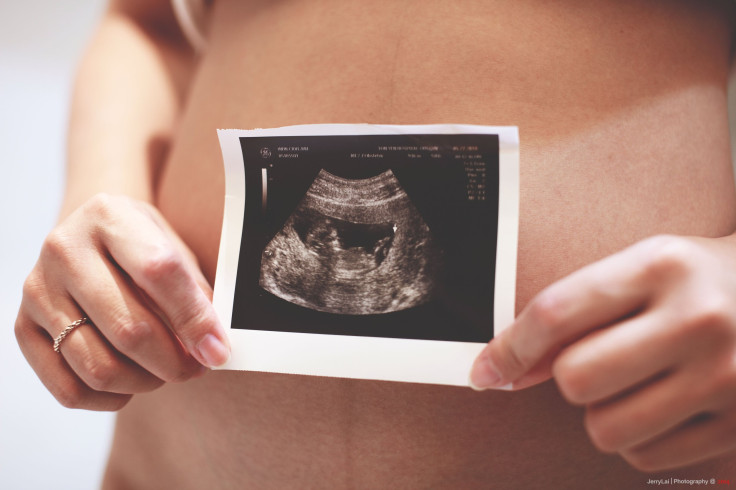Pregnant Women With High Blood Sugar May Put Their Babies At Risk For Congenital Birth Defects

Delivering a healthy baby is the goal, but a woman with elevated blood sugar levels could be damaging how her baby's tiny heart develops during pregnancy. Researchers from Stanford University School of Medicine in collaboration with Stanford Children’s Health have revealed women don’t need to have a diabetes diagnosis to put their babies at risk for two serious birth defects in the heart. The study, published in JAMA Pediatrics, delves deeper into the link between how blood sugar levels affect a mother and her baby.
"We already knew that women with diabetes were at significantly increased risk for having children with congenital heart disease," said the study’s lead author Dr. James Priest, a postdoctoral scholar in pediatric cardiology, in a press release. "What we now know, thanks to this new research, is that women who have elevated glucose values during pregnancy that don't meet our diagnostic criteria for diabetes also face an increased risk."
For the study, Priest and his colleagues analyzed blood samples taken from 227 pregnant women who were in their second trimester. The samples were taken at various points throughout the day and did not require women to fast beforehand. They were measuring for blood sugar (glucose) levels and insulin, which is a hormone that controls blood sugar.
Out of the group of women, 55 infants had Tetralogy of Fallot, which means the baby was born with structural defects in both the heart and the blood vessels that connect the heart to the lungs. It most commonly causes “blue baby syndrome,” which occurs when the infant is unable to get enough oxygen. The group of mothers who gave birth to babies with that particular birth defect had a higher average blood glucose level compared to other mothers.
Another 42 infants were born with dextro-transposition of the great arteries, which occurs when the two main arteries are mixed up. It prevented oxygenated blood from the lungs to circulate throughout the rest of the body. Their mothers had “significantly” higher insulin levels than the other mothers. Priest believes even though the glucose levels are abnormally high, he doesn’t think that’s what’s causing damages to the unborn baby’s heart. Instead, it could be that an insulin switch in the body that processes glucose is to blame.
The findings may lead to an across-the-board recommendation for doctors to screen all women, including those who aren’t diabetic, for elevated blood sugar levels. During pregnancy, many metabolic changes take place that make glucose more available to the fetus in order to ensure it’s given enough essential nutrients. Sharp spikes in sugar levels can lead to a gestational diabetes diagnosis, which means the condition develops during a woman’s pregnancy.
All pregnant women have a certain level of resistance to insulin, a hormone made in the pancreas to help your body use glucose for energy. During pregnancy, a woman’s body makes more hormones with fluctuating levels along with weight gain. These changes cause the body to use insulin less effectively, which usually happens at the later stages of the pregnancy.
It is well established that high glucose levels aren’t good for the mother or the developing baby. Nearly a decade ago, the National Institutes of Health warned mothers who had high blood sugar levels that they placed their infants at risk for birth problems. A seven-year study conducted in 2008 found women with the highest glucose levels gave birth to large babies 26 percent of the time and in turn were more likely to have a Cesarean delivery than mothers with the lowest glucose levels.
"I'm excited by this research because it opens up a lot of questions about how physiologic processes in the mother may be related to congenital heart disease," Priest said. "Most of the time we don't have any idea what causes a baby's heart defect. I aim to change that."
Source: Shaw G and Priest J, et al. JAMA Pediatric. 2015.



























